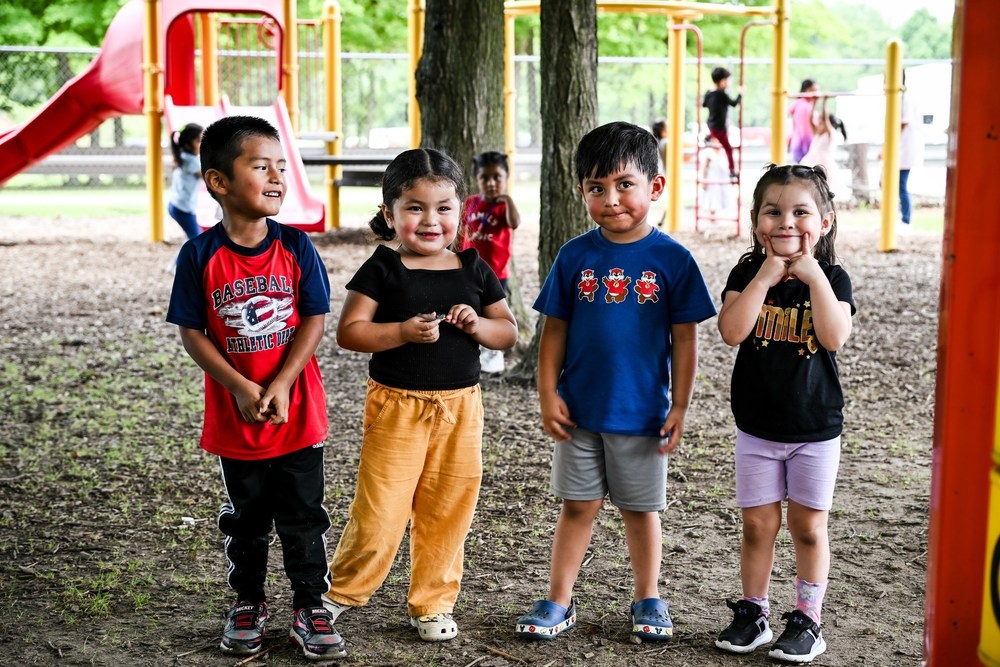The Migrant/Multilingual Department plays a vital role in ensuring educational access and equity for students and families with diverse cultural and linguistic backgrounds who may experience frequent transitions. As a federally funded Title I-C program, the Migrant Education Program serves children and youth ages 3 through 21 across eight school districts in Van Buren County. The mission: to ensure continuity of learning and support for students who often transition between states for seasonal agricultural work.
Each summer, the department operates Project Nomad, a dynamic educational initiative that includes a 32-day school program along with an extended home-based instruction model. While the school program runs from late June through early August, home instruction continues beyond that window to offer credit recovery, ESL (English as a Second Language) support, and individualized outreach, especially to students unable to attend in-person due to work or family responsibilities.
Project Nomad is more than just a summer school. It’s a community: a network of educators, volunteers, and partners that come together to create a nurturing, engaging, and safe environment for migrant students. One standout partner is the Korean Presbyterian Church, with members traveling from cities like Detroit, Chicago, Toledo, Ann Arbor, and Paw Paw. This incredible group contributes meals, clothing, school supplies, hands-on activities, and even brings in a doctor to perform health appraisals.
These collaborations reflect the program’s holistic approach to student well-being, addressing not just academic needs, but also mental, physical, and emotional health.
One of this year's biggest highlights is the inclusion of a registered nurse and a mental health clinician, ensuring wraparound services that support the whole child. The staff’s dedication is unmistakable, with many teachers, aides, and even bus drivers returning year after year, which is a true testament to the relationships built and the impact being made.
When asked about the heart of Project Nomad, staff say it’s about more than academics- it’s about bridging gaps created by transiency, developing belonging and safety, and meeting students and families where they are. As families move between states like Michigan, Florida, and Georgia throughout the year, programs like this help ensure that children don’t fall through the cracks. Instead, they’re seen, supported, and empowered.

